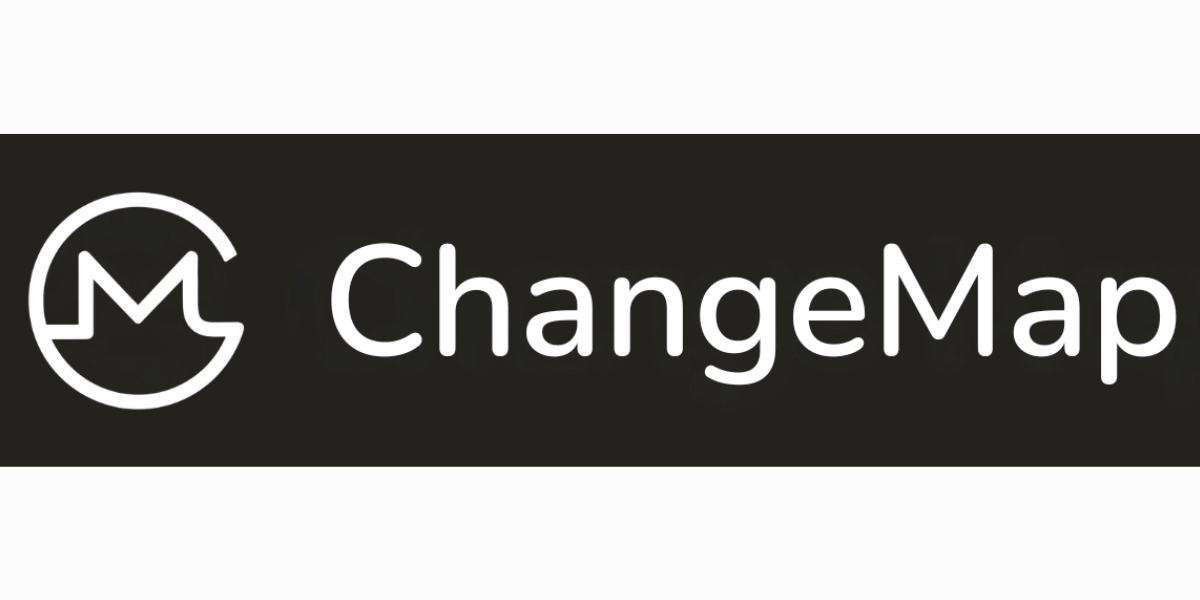The Data-Driven Revolution: How ChangeMap Is Redefining Organizational Change

Scott Sager spent years watching change management teams struggle with blind spots, burnout, and bad data—so he built the tool he always wished they had. As the founder of ChangeMap, he’s transforming how organizations navigate complex change, equipping leaders with AI-powered clarity and confidence. In this edition of the Wantrepreneur to Entrepreneur Spotlight series, Scott shares the quiet but decisive moment he knew he was building something real, the mindset shift that changed everything, and the power of designing products that reflect the customer’s world—not the founder’s ego.
Hi, Scott! Thanks for joining us today. Tell us about your business. Who do you serve, how do you serve them, and what's the impact that your business and work makes?
ChangeMap is an AI-enabled platform built for transformation leaders, PMOs, and change practitioners who need a clearer, faster, and more objective way to understand what’s happening inside their organizations during change.
Most organizations manage change through a patchwork of spreadsheets, slide decks, and meetings. That creates blind spots. Teams can’t see readiness issues early enough, they underestimate sentiment, and they lose time reconciling data instead of acting on it.
We serve leaders who want to break that pattern.
ChangeMap brings everything together in one system: readiness scoring, stakeholder insights, sentiment analysis, impact mapping, and the ability to generate targeted change plans with AI. It centralizes the work, surfaces risk before it becomes disruption, and gives teams a shared, evidence-based view of where to focus.
The impact is simple but meaningful: leaders make better decisions earlier, teams execute with more confidence, and organizations become more capable of handling the volume and velocity of change they face. Instead of relying on intuition or anecdote, they manage change with clarity, consistency, and data that actually leads to action.
Change isn’t just a communications problem, it’s an organizational performance problem. We help leaders measure it, understand it, and manage it with the rigor it deserves.
Tell us about the moment you finally felt like you went from wantrepreneur to entrepreneur.
It was the first time I shipped something that created value for someone other than me. I’d been thinking about the problems in change management for years. I had notebooks full of ideas, frameworks, and sketches. But that’s the wantrepreneur stage: smart thoughts, no stakes.
The moment it changed was when I put the first functional version of ChangeMap in front of real practitioners. Not friends, not theoretically supportive peers, but real actual transformation leaders running real programs. They used it, gave feedback, relied on it, and asked for more. That was the moment I realized I was no longer building “an idea,” I was running a business with real users and real expectations.
Describe the moment or period in your life/career that motivated you to make the entrepreneurial leap.
The moment that pushed me into entrepreneurship wasn’t dramatic. Over years of leading and advising on complex transformations, I kept running into the same systemic problem: organizations were making massive decisions about people and change without the data, tools, or visibility they needed.
Every project felt like reinvention. Every team was stuck stitching together spreadsheets, anecdotes, and instinct. And the same risks like readiness gaps, saturation, confused stakeholders, kept showing up regardless of industry or methodology. It wasn’t a skills issue. It was an infrastructure issue.
The real turning point came during a large program where the team was doing everything “right” by the book, but still couldn’t see the underlying drivers of resistance. We had all data everywhere and insight nowhere. We had smart people, good intentions, and solid governance, but no way to reliably quantify what was actually happening on the ground. That frustration, and the recognition that it wasn’t unique to that project, made something very clear: the field needed a new category of tools.
That’s when the leap stopped feeling optional. I realized I could either keep accepting the limitations of the existing playbook, or I could build the solution I wished I’d had for years.
Entrepreneurship became the logical next step. Not because I wanted to start a company, but because the alternative was continuing to watch organizations struggle with avoidable problems. ChangeMap started as an answer to that gap, and the motivation has only strengthened as I’ve seen how much impact the right insights can make.
Describe a tool, service, or software that has been a game-changer for your business. How does it contribute to your success?
Can I name two? Bubble.io for no/low code, full stack app building and prototyping. And Featurebase for knowledge management, feedback, changelog, and roadmaps. Both fantastic tools for founders who want to move fast.
We know that success is very often a non-linear path. Tell us about a failure, pivot point, or lesson that changed your course or direction and helped to get you where you are today.
I've consulted for a lot of year. It's so easy to get excited by your own "big idea". I had a mentor who said, "Do be a cheerleader for you own hypothesis." That was a A major turning point for me was realizing that I needed to stop forcing my idea onto the problem and instead build a world where customers could discover their idea inside the product. The pivot from ego-driven design to customer-driven clarity changed everything.
What unconventional strategy did you employ that significantly impacted your business?
One unconventional strategy that made a meaningful difference for ChangeMap was building the product to support and multiple change and transformation framework by taking the best of what they all had in common. built the platform so leaders could see their own methods, language, and logic reflected back in a structured, intelligent environment. That flexibility became a defining advantage.
What’s something you wish you knew sooner that you’d give as advice for aspiring or newer entrepreneurs?
Clarity comes from contact, not contemplation. You can’t architect your way into relevance. You have to put something imperfect into the world and let real users help you make it better.
Want to dive deeper into Scott's work? Check out the links below!
- Visit ChangeMap's website: usechangemap.com
- Connect with Scott Sager on LinkedIn: Scott Sager





